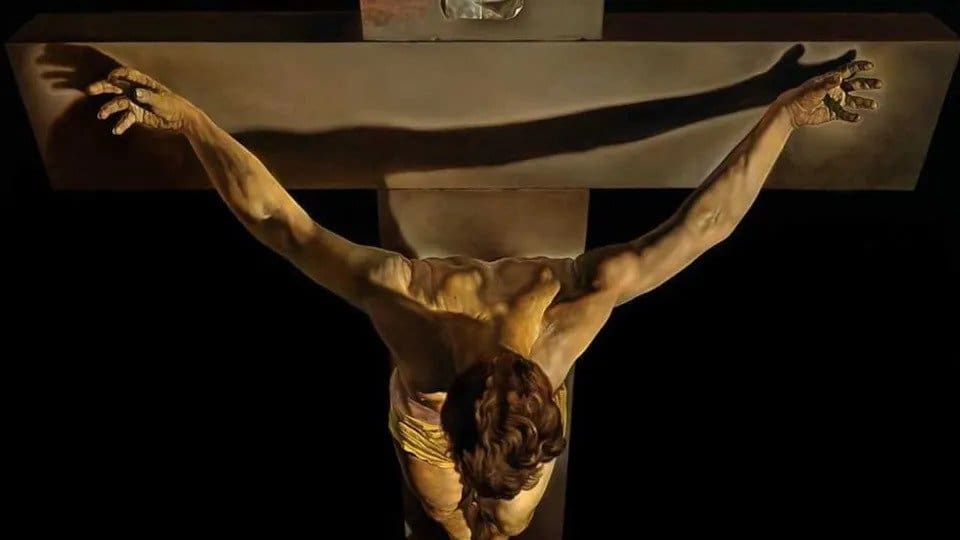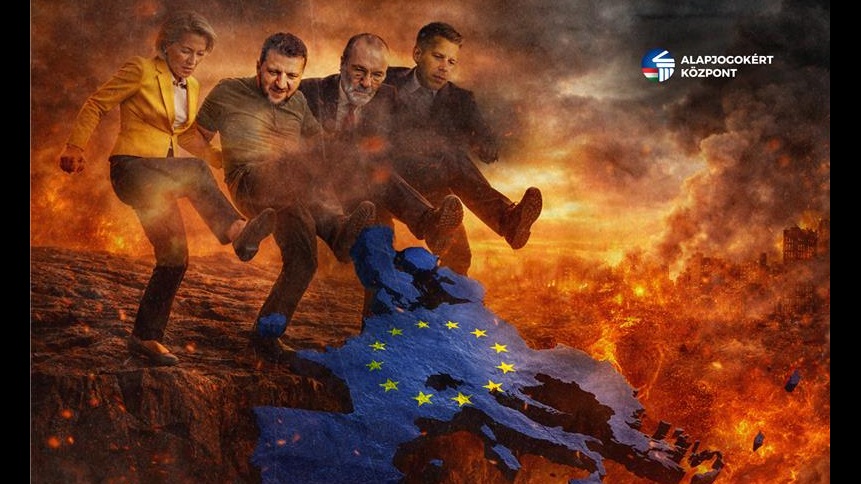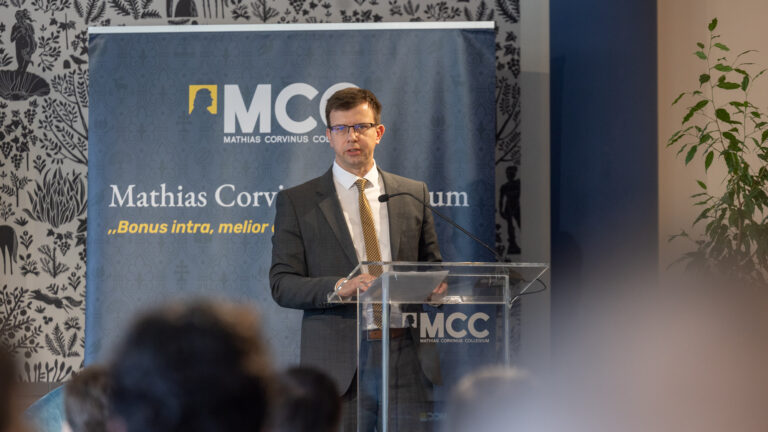In the West, it is a common practice for secularists and proponents of Christianity to partake in religious debates. These discussions stem from a fundamental assumption of the Judeo-Christian civilisation—that individuals are free to decide whether to embrace the faith or not. Given this core belief, the British author Tom Holland’s view on this matter is notably unconventional. He suggests that even the most fervent Western secular humanists are deeply influenced by Christian values, perhaps even more so than they might be willing to acknowledge.
Tom Holland’s Dominion: How the Christian Revolution Remade the World truly distinguishes itself from the rest of the Christianity-themed books reviewed by Hungarian Conservative.
This distinction is not a matter of quality, as both Dominion and, for instance, the theological writings of C.S. Lewis that the magazine has covered are exemplary works worth reading. The distinctive aspect that sets Tom Holland’s book apart from the previously reviewed ones is that Tom Holland refrains from engaging in apologetics, which entails defending the theological assumptions of his Christian faith.
Instead, he undertakes the task of demonstrating that even the most secular movements and ideas that originated in the West—like humanism, liberalism, progress, the protection of human rights, and even Marxism with its concern for the underprivileged—are fundamentally rooted in Christian principles.
In fact,
the very concept of secularism itself, the separation of the sacred and the political, is a notion the Western world has inherited from Christianity
and, therefore, it is not self-evident in other cultures.
Rather than an academic paper of distilled philosophy and theology, the book is almost a novel-like read. While it, of course, is factually true and well-researched, its narration also makes it very readable. The author shines at creating a coherent, consistent, and compelling narrative.
Holland follows a chronological order, from the ancient world through the Middle Ages to modernity, demonstrating, sometimes even descending to the personal level of historic characters (not only Jesus but also Xerxes, Charlemagne, Cromwell, Tolkien, and many others), how the impetus set in motion by Christianity during antiquity transformed the West, and through the West and its dominance, the entire world.
The central thesis of Tom Holland’s book posits that the Christian framework, while deeply ingrained, can often be so subtle and implicit that even the most ardent Western atheists or atheistic movements remain unaware of its influence upon their thinking and actions. Widespread ideas, such as that the powerful and rich have special obligations and responsibilities towards the poor, and that all humans have an intrinsic value, can all be traced back to Christianity. The strong commitment to equality and the notion that people should enjoy the same rights regardless of their ethnic origin or sex are also inseparably Christian in nature—even if they are upheld by people who departed from the belief that Jesus is the son of God.
Christianity created a set of moral axioms that are so intuitive for people familiar with Western norms that they are most often inescapable parts of Western thinking,
even if not all Westerners necessarily endorse the theology behind them. Or, in other words, as pointed out by Tom Holland in an interview: the fish do not feel they are in a water bowl. Nevertheless, as much as these ideas and norms are obvious now, in antiquity, they were frequently perceived as counterintuitive, and, as a result, they were denounced as obnoxious or even blasphemous.
Tom Holland On How Christianity Has Shaped Western Morality
Author and historian Tom Holland sits down with Dan Snow to talk about the history of Christianity, and how the religion has shaped morality in Western culture to this day. In this thought provoking interview, Dan quizzes Tom on the birth and rise of Christianity, the debate on religion and science, and whether liberal and socialist values can be divorced from Christian teachings.
At the time, the prevailing norm resembled a Nietzschean-esque ‘morality of the masters’ that glorified strength, power, and bravery; wherein the weak and the meek held little significance and could be sacrificed by the thousands if deemed necessary. These principles are so contrary to Christian ethical foundations that the totalitarian ideologies of the 20th century based on them caused a rupture in the core of Western civilisation, which ultimately led to their destruction.
This book is an essential read for anyone seeking to understand the profound impact of Christianity on the world and its far-reaching influence,
not just in shaping the West’s thoughts about the world, but also in structuring the very way members of the Judeo-Christian civilisation perceive reality. Whoever the reader is, an actual believer, an agnostic, or a person as radically opposed to religion as Richard Dawkins, all of us are fundamentally Christian in nature.
Related articles:







